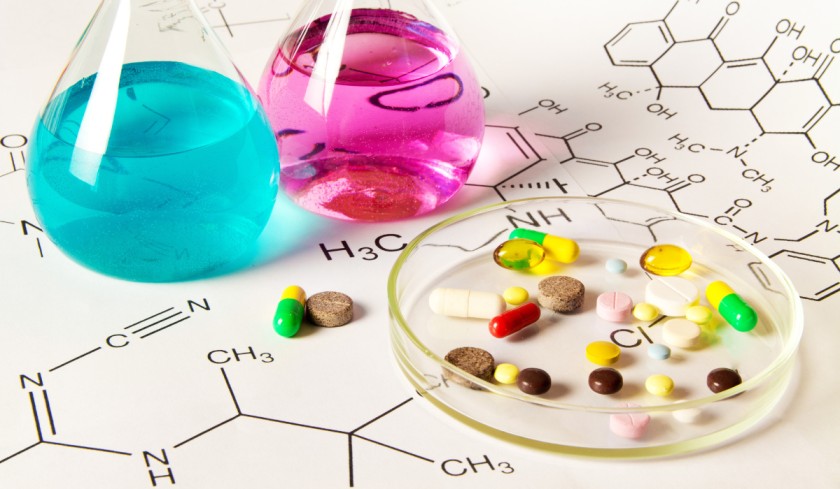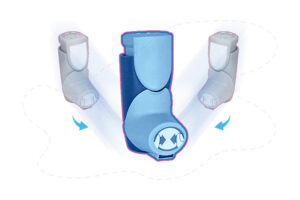Pharmacology and bioanalytical services play integral roles in the complex and multifaceted process of drug development. From early discovery stages to post-marketing surveillance, these services provide critical insights and data that inform decision-making, ensure regulatory compliance, and contribute to the safety and efficacy of pharmaceutical products. This article delves into the pivotal role of pharmacology and bioanalytical services in drug development, highlighting their importance, methodologies, and impact on advancing healthcare.
Understanding Pharmacology in Drug Development
Pharmacology is the branch of biomedical science that studies how drugs interact with biological systems. In drug development, pharmacological studies are essential for:
- Target Identification and Validation: Identifying specific biological targets, such as receptors or enzymes, that play key roles in disease processes.
- Lead Compound Identification: Screening and selecting potential drug candidates based on their ability to interact with and modulate the target.
- Mechanism of Action: Investigating how a drug produces its therapeutic effects and understanding potential side effects or interactions.
- Dose-response Relationships: Determining the optimal dosage range that achieves therapeutic effects while minimizing adverse effects.
Role of Bioanalytical Services in Drug Development
Bioanalytical services involve the quantitative analysis of drugs and their metabolites in biological samples, such as blood, plasma, or tissues. These services are crucial for:
- Pharmacokinetic Studies: Assessing how drugs are absorbed, distributed, metabolized, and excreted by the body (ADME properties).
- Bioequivalence Studies: Comparing the pharmacokinetic profiles of generic drugs with their reference products to ensure similar therapeutic outcomes.
- Safety and Toxicity Assessments: Monitoring drug concentrations to evaluate safety margins and potential toxicities.
- Clinical Trial Support: Providing analytical data to support clinical trial phases, ensuring accurate dosing and efficacy evaluations.
Key Methodologies in Pharmacology and Bioanalytical Services
- In Vitro Studies: Conducted in laboratory settings using isolated cells or tissues to evaluate drug effects and mechanisms.
- In Vivo Studies: Involving animal models to assess drug efficacy, pharmacokinetics, and safety before human trials.
- Clinical Trials: Human studies to evaluate drug safety, efficacy, and optimal dosing under controlled conditions.
- Analytical Techniques: Including chromatography (e.g., HPLC, LC-MS/MS), spectroscopy (e.g., mass spectrometry, NMR), and immunoassays (e.g., ELISA) for drug quantification.
Impact on Drug Approval and Market Access
Pharmacology and bioanalytical services are pivotal in the regulatory approval process:
- Preclinical Studies: Providing data on drug safety and efficacy to support Investigational New Drug (IND) applications.
- Clinical Trials: Generating evidence for New Drug Applications (NDAs) or Biologics License Applications (BLAs) submitted to regulatory agencies.
- Post-Marketing Surveillance: Monitoring drug safety and effectiveness in real-world settings to ensure ongoing regulatory compliance.
Future Directions and Innovations
- Precision Medicine: Tailoring treatments based on individual patient characteristics, genetic profiles, and biomarkers.
- Advanced Analytical Technologies: Enhancing sensitivity, specificity, and throughput of bioanalytical assays.
- Integration of Big Data and Artificial Intelligence: Analyzing large datasets to identify patterns, predict drug responses, and optimize therapeutic outcomes.
Conclusion
Pharmacology and bioanalytical services are indispensable pillars of drug development, providing essential data and insights that shape the trajectory of pharmaceutical innovation. By elucidating drug mechanisms, optimizing dosing regimens, and ensuring safety profiles, these services contribute to the successful translation of scientific discoveries into clinical therapies. As technology advances and therapeutic approaches evolve, the role of pharmacology and bioanalytical services will continue to expand, driving advancements in healthcare and improving patient outcomes worldwide.
For organizations involved in drug development, partnering with experienced pharmacology and bioanalytical service providers is critical to navigating the complexities of regulatory requirements, optimizing development timelines, and achieving successful market access. Embrace the transformative potential of pharmacology and bioanalytical services in shaping the future of medicine and advancing global health.





